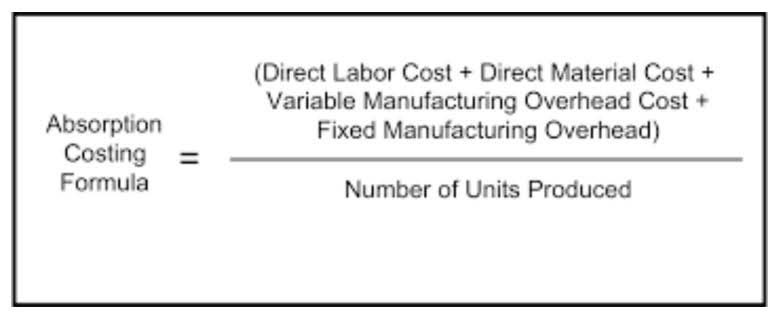
On the other hand, a criminal practice may require only one pooled account. While the horror stories are true (usually negligent cases), you can get ahead https://www.bookstime.com/ of common issues by familiarizing yourself with the rules and streamlining processes as much as possible. This guide will go over the basics of trust accounting, share examples from MyCase reports, and go over rules and best practices for your law firm to follow.
Guide for Law Firm Best Practices
With PracticePanther’s integration with TrustBooks, you won’t have to worry about commingling accounts or noncompliance with your state bar, ABA, and IOLTA guidelines. To get a full experience of PracticePanther’s functionality, you can schedule a custom demo to see how the platform can enhance your billing practices and automate your practice. Trust accounting software makes the process of tracking, reporting, and transferring funds easier for law firms. When audit season rolls around, having detailed tracking and reporting of trust accounts is essential.

Best Legal Accounting Software for Lawyers

These features are designed to keep you compliant with state bar rules and regulations. For example, when used with Clio, QuickBooks Online ensures you keep your trust funds in balance. By recognizing these common errors and implementing rigorous internal controls, law firms can significantly reduce the risk of trust accounting missteps. Education and continuous vigilance, combined with the adoption of specialized tools like trust accounting software, are key to maintaining the integrity of client funds and the reputation of the legal profession.
Legal billing software made easy.For Everyone

Once you understand the basics, consider hiring an accountant, either as a contractor or as an employee. They can help level up your firm and make the legal accounting process even smoother by adding legal accounting and legal practice management software to your firm’s toolkit. Using legal technology can ease the workload of manual tasks while helping your firm meet its goals—avoiding errors, ensuring compliance, and staying organized. The chart of accounts for law firms should include the IOLTA or trust account, as well as a trust liability account (to offset and show that the funds in the IOLTA account are not the law firm’s). If you’re the owner of a small law firm, you need to know the essentials of bookkeeping and accounting for law firms.
- Trust accounting software makes the process of tracking, reporting, and transferring funds easier for law firms.
- These accounts typically consist of the firm’s own funds, including revenue generated after certain legal services are provided by the firm.
- In this blog post, we’ll show you how to do accurate and compliant QuickBooks trust accounting with Clio—from account setup to syncing data and reporting.
- These tools offer unparalleled support in ensuring compliance with State Bar Regulations (American/Canadian), simplifying account management, and fostering transparency and trust with clients.
- Trust accounting can be an area of potential malpractice issues if you aren’t careful with your process.
for Attorneys & Law Firmsto Buy Law Firm Software
Make sure it tracks funds going in and out of the client trust accounts and remains compliant with your state bar rules. You should be able to check your firm’s financial records and progress at any time, so you can make informed decisions for your clients and your firm. At its most basic, trust accounting is the bookkeeping of trust fund accounts. To protect legal clients’ trust accounting for lawyers best interests, the American Bar Association (ABA) and state bar associations maintain detailed guidelines and regulations about trust accounting.
- Depending on the software used for law firm accounting, trust funds can be placed into one trust liability account and tracked by the customer name or any other preferred method.
- Lawyers who retain the interest without the client’s knowledge or written consent have been publicly disciplined, even when the amounts involved are relatively modest.
- This is what turns off many law firms from accepting client retainers — that, and the (up to now) complex bookkeeping that maintaining a trust account requires.
- Just as your clients rely on your expertise with the law, there comes a point when you need to call in accounting professionals.
- Let’s spend some time demystifying trust accounting for law firms by defining some of the key terms and answer some of the most common questions that arise when it comes to client funds and trust accounts for law firms.
- Quickbooks is accounting software that enables lawyers to automate accounting tasks, manage billing, and project business costs.
- This is a list of all your firm’s financial accounts, giving you a framework for where to record every transaction.
- MyCase’s legal accounting software can help you efficiently and easily monitor client and admin ledgers under a single platform.
- And when it comes to legal trust accounting, there are specific terms and concepts that lawyers need to be familiar with in order to navigate this specialized area of accounting.
- Adopting trust accounting software that complies with state bar regulations can significantly aid in maintaining compliance.
- An escrow account is generally used to hold funds or assets during transactions, like real estate deals, and is managed by a neutral third party.
Let’s embark on this journey to ensure retained earnings your practice is not only compliant but also exemplifies the highest standards of client service and ethical practice. Many believe that if they don’t “steal” their clients’ funds, they are not at risk. Many lawyers in law firms believe that because someone else is responsible for managing the firm’s trust accounts, they themselves are not at risk.




